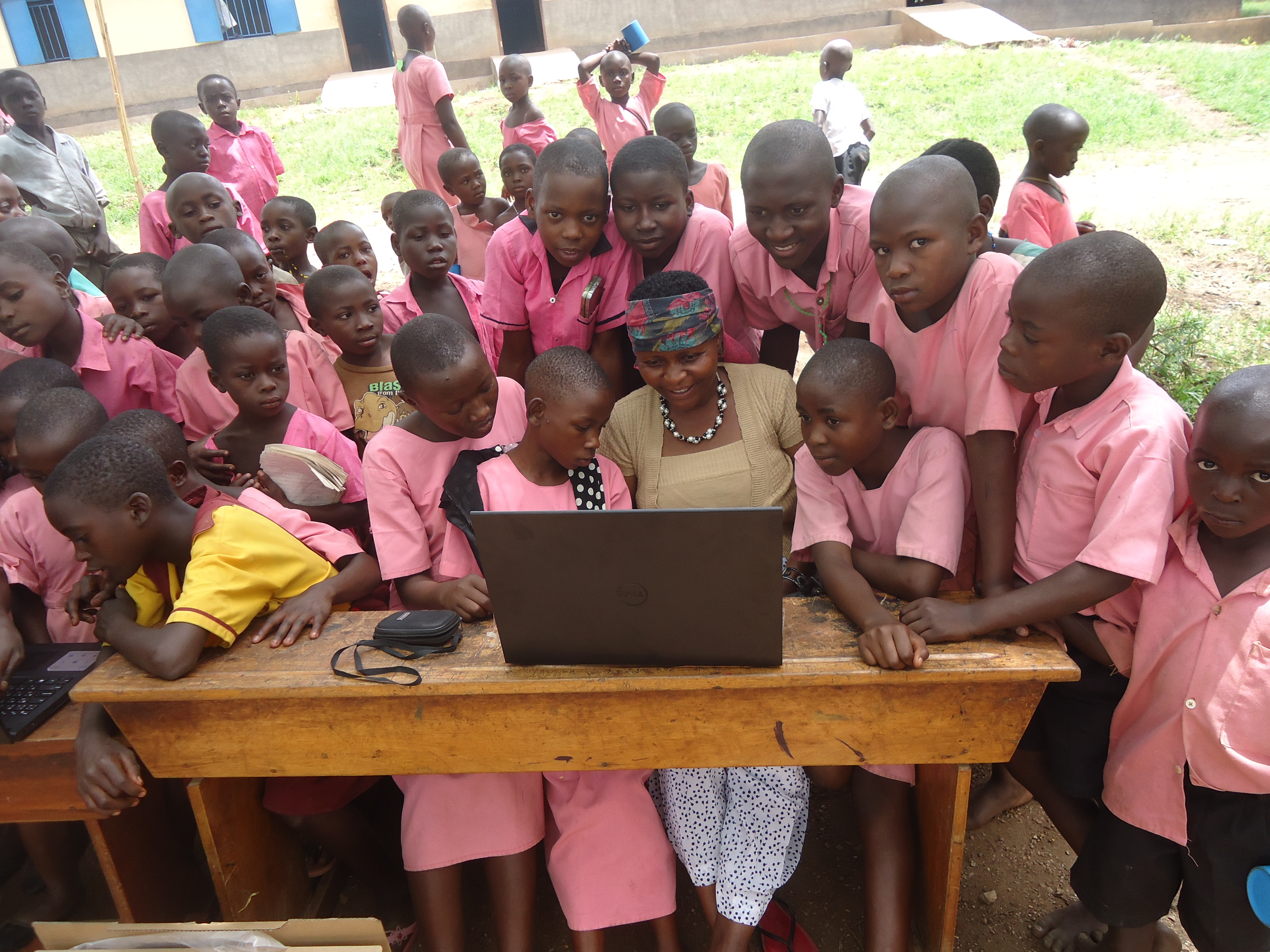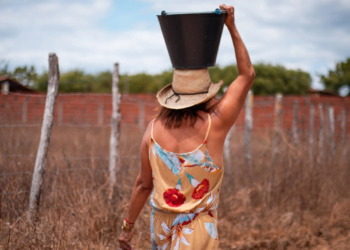Education is a patient investment, and we live in an impatient world.
–Former Prime Minister of Australia, Julia Gillard
Along with other NGOs and civil society organizations, Soroptimist International (SI) participated in the consultative processes that led to the creation of the 2030 Agenda. Through grassroots project work that empowers women, girls, and their communities, SI actively contributes to the achievement of the Sustainable Development Goals (SDGs). With almost 100 years of experience, SI is working to promote gender equality across a wide spectrum of issues where discrimination disables women and girls, preventing them from playing a full part in their communities.
NGOs can effectively build the capacities for sustainable development and as accountable organisations, can integrate perspectives of vulnerable groups into sustainable development programmes, enhancing its legitimacy. Simply put, the SDGs will not be achieved without the better inclusion of NGOs and civil society, especially when there is wide co-operation and mutual support.
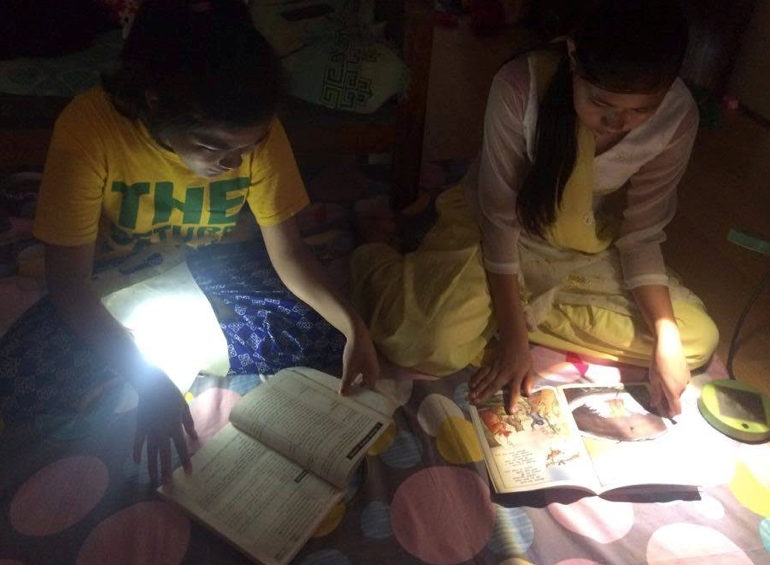
In the Photo: A project in Nepal, SI Presidents Appeal 2015 – 2017 Photo Credit: Soroptimist International
SI has been working with the underlying theme of ‘Educate to Lead’, demonstrating with grassroots projects how education can play a cross-cutting role in achieving sustainable development and gender equality.
Educate to Lead: Nepal
SI has been working with a variety of partners in Nepal, following the devastation caused by earthquakes and their aftermath, and now floods. Fundraising by Soroptimists has taken place as a result of the International President’s Appeal 2015 – 2017, Educate to Lead: Nepal. Take the case of Rupa: at just 17 years old, Rupa has already endured significant hardship in her life. When she was a little girl living in the village of Hetauda outside of Kathmandu, her mother fell very ill and passed away. With no other immediate family who could take care of her, Rupa was sent to live with an uncle in Kathmandu. Before Rupa’s mother died, she asked her to promise that she would go to school and study hard, and Rupa has taken this to heart. She understands the value of education, and every one of her teachers has remarked that she is creative and intelligent beyond her years. “Given the right opportunity,” her class teacher said, “Rupa could be Prime Minister of Nepal”.
Soroptimist International President’s Appeal support Rupa through the Nepali Children’s Education Project (NCEP) scholarship project in Kathmandu. The NCEP vision is based on the belief that education is key to the empowerment of children living in poverty; for tens of thousands of Nepali children, access to this basic level of education is denied. Funds from the SI President’s Appeal 2015-2017 will facilitate six months of tuition, textbooks and school uniform for Rupa to ensure that she can complete her education, graduate from high school and realize her dream to study law. The project will be on-going until Rupa is finished her education and becomes independent. Rupa now blossoms and with the support of the SI President’s Appeal 2015-2017, is continuing to take strides to realize her dreams.
‘Given the right opportunity,’ her class teacher said, ‘Rupa could be Prime Minister of Nepal.’
Education and sustainable development are interrelated and mutually reinforcing; education is central to sustainable development approaches. Access to quality education for women and girls of all ages is a fundamental human right and underpins their empowerment as individuals and members of their communities. Gender-based discrimination in education is both a cause and a consequence of broader forms of gender inequality in society, and must be overcome to achieve sustainable development for all. Discrimination, gender stereotypes, economic and time poverty, inadequate facilities, and violence at schools all create environments that prevent women and girls from achieving their fullest potential. To improve women’s and girls’ access to quality education, policies and actions must directly tackle situations that contribute to unequal outcomes.
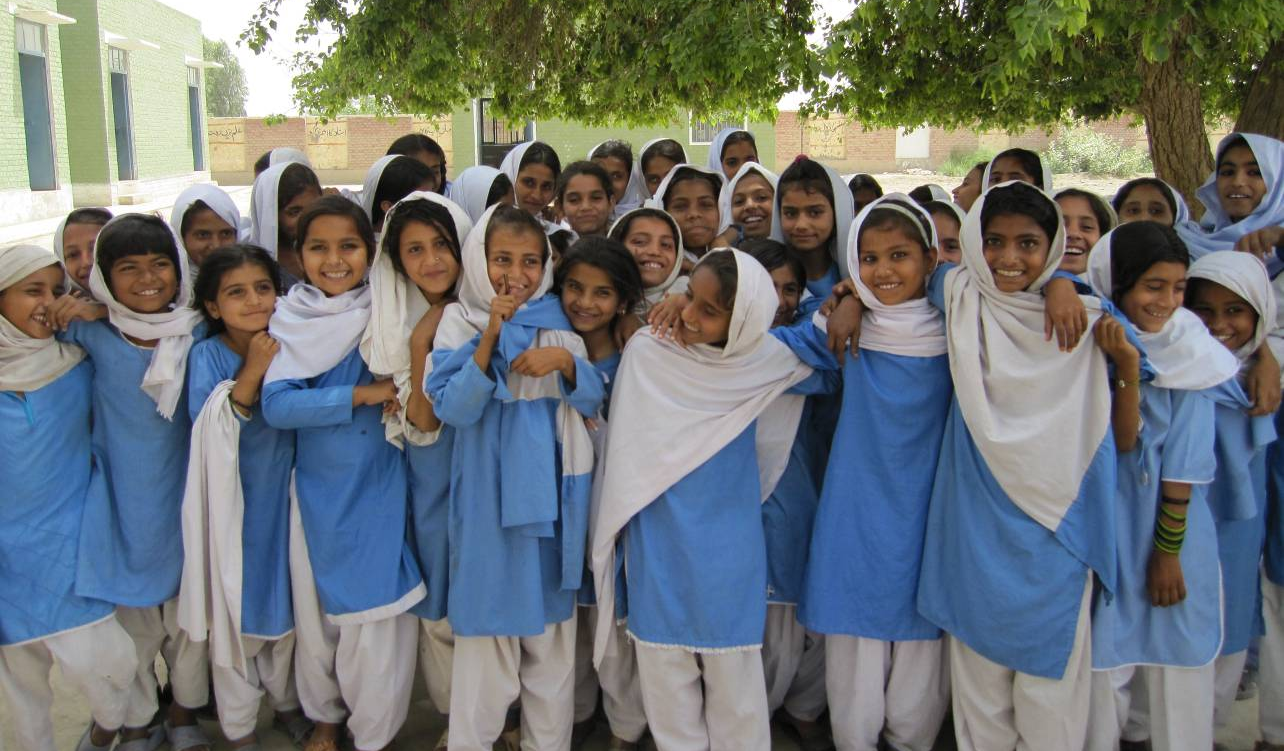
Photo Credit: Soroptimist International
Girls’ education is a critical lever to reaching other development objectives. Providing girls with an education helps break the cycle of poverty: educated women are less likely to marry early and against their will; less likely to die in childbirth; more likely to have healthy babies, and are more likely to send their children to school. When all children have access to a quality education rooted in human rights and gender equality, it creates a ripple effect of opportunity that influences generations to come.
Live Your Dream Award
For many girls’ the education experience may not be a positive one and it is necessary to ensure that education can be resumed at all stages of life. Soroptimist International of the Americas facilitates a programme providing finance to women who have faced many challenges in life and been unable to complete their education. The Live Your Dream Award provides a second chance for women seeking economic security for themselves and their families.
Access to quality education for women and girls of all ages is a fundamental human right and underpins their empowerment as individuals and members of their communities.
Like many indigenous children in Canada, Terriea Wadud was adopted at a young age. Physically and emotionally abused by her adoptive mother, Terriea was placed back into the child welfare system at the age of 12. “I seemed to take on the role of the hero amongst the girls,” Terriea recalls. “If a girl was getting picked on, I would ‘protect’ her by any means, including being abusive with my language and physically threatening the instigator. When this became too much, I would run away to the streets of Toronto.” A pretty girl with low self-esteem alone on the streets, Terriea was an ideal target for sex traffickers and was trafficked in the sex trade across Ontario. Police searched relentlessly for her, and after a brutal beating by her pimp, Terriea was discovered in a hospital and asked whether she was ready to charge him. Terriea, who had just learned she was pregnant, agreed. At just 16 years old and 8 months pregnant, she testified against her pimp. Portrayed viciously by his lawyer, Terriea’s calm and honest testimony paid off and her pimp received six and a half years of jail time.
When her daughter was born, Terriea vowed not to be anything like her adoptive mother, but her traumatic past made being a good mother difficult. She admits checking out emotionally, and sometimes physically as a parent, feeling suicidal and turning to drugs and alcohol to numb her pain. With no formal education, she was unable to secure employment, and so remained in the sex industry as a dancer.
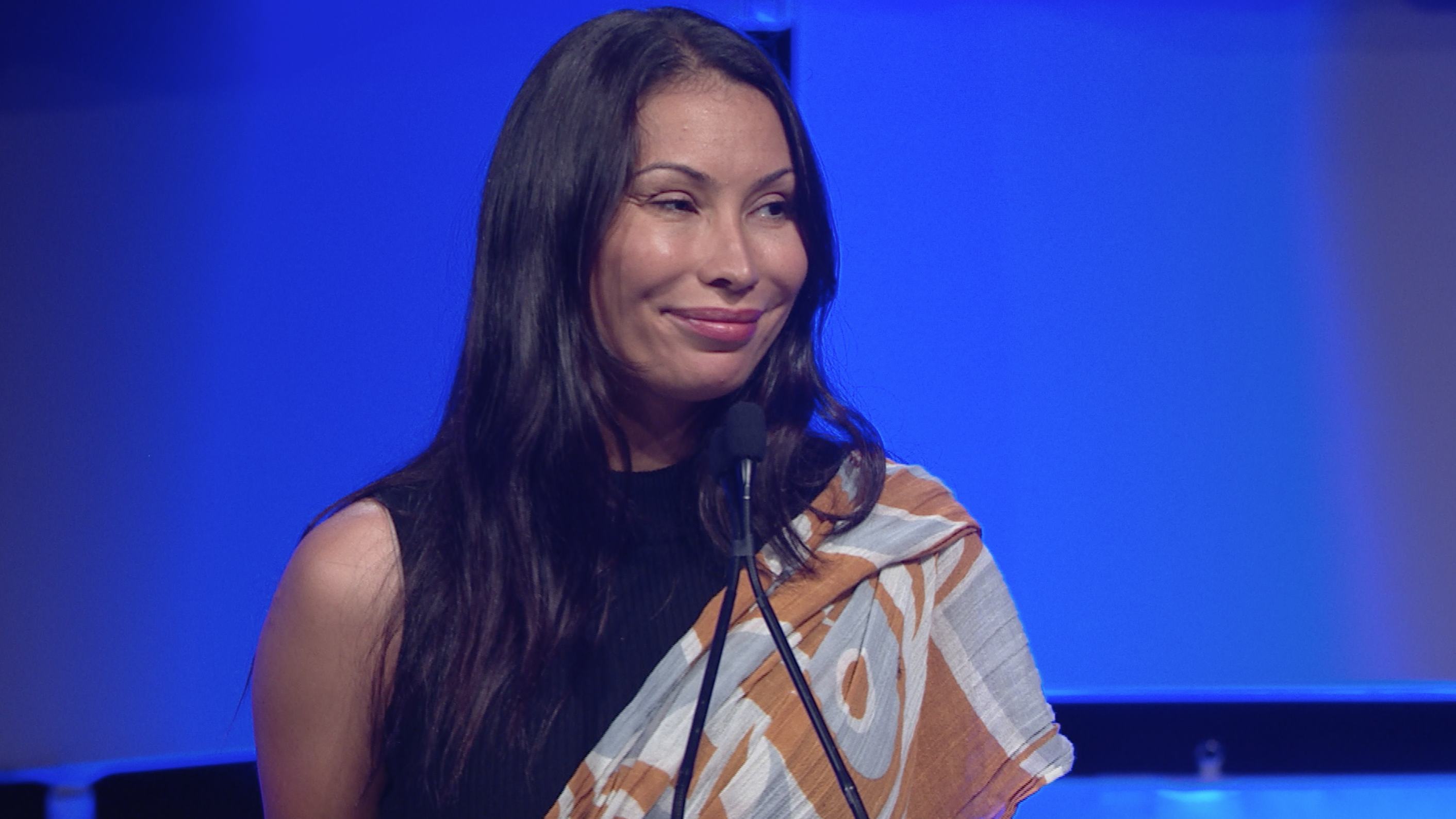
In the Photo: Live Your Dream Awards Photo Credit: Soroptimist International of the Americas
At age 24, Terriea says she just could not feel her worth, but then an opportunity presented itself and became the first step in turning her life around. She completed a university-entrance programme called the Transitional Year at the University of Toronto. She continued with a life-changing volunteer training programme at Battered Women’s Support Services, where she was eventually hired as an outreach counselor and then the manager of a women’s safety and outreach programme. Supporting women and girls with similar traumatic histories and experiences of violence and abuse has helped Terriea heal her own traumatic past. Her ability to create and hold a safe space for women to share, counsel and explore problem-solving solutions has ignited her passion to pursue formal counselor training.
When things seemed to be getting on track, the programme lost funding and Terriea was let go. At the same time, she went through a painful personal tragedy and she and her children found themselves homeless. Rather than letting these obstacles send her into a downward spiral, she took up meditation and chanting to move through her feelings. She also reconnected with her birth mother, which has helped her learn about her indigenous culture and spirituality and brings her great comfort. Now staying with friends, Terriea says she is determined to heal this cycle and has accepted a temporary position with her previous employer.
The Live Your Dream Awards programme means stability for Terriea and her family. She is using the awards to pay for her tuition so that no matter what the future has in store, she will not have to put her schooling on hold for financial reasons. Terriea’s dream is to eventually start her own counseling/life coaching business. “My prayers look a lot different today than when I was a little girl. There were many times being exploited on the streets or in my addiction I thought I was going to die and I didn’t care,” she said. “Now I have a purpose. I will continue to create a safe space for others to do their healing and transformational work. I will use my voice to share my story to inspire others to do the same. The Live Your Dream Awards will help me to further my growth, accountability, and commitment to be a transformational agent and end this cycle for my family!”
SEEED Jobs for Life
Malaysia has more than 200,000 unemployed graduates and almost one million school dropouts and jobless young people under the age of thirty. Crime, trafficking, prostitution and drug-related offenses have reached alarming levels. Soroptimist International Petaling Jaya competed with 300 NGOs in Malaysia to win the Berbudi Berganda: Social Impact Innovation Challenge with a Government grant of RM25,000 and Overall Grand Prize money of RM30,000 from Credit Suisse Bank. This challenge was sponsored by Agensi Inovasi Malaysia (AIM), an organization under the Prime Minister’s Department to tackle youth unemployment and reduce social ills, substance abuse, crime, prostitution, poverty, and destitution. SI Petaling Jaya member Dato Anusha Santhirasthipam pioneered and created a social impact innovation youth transformation and job placement programme that is carried out over ten weeks, the programme included training on Mindset Change and Personality Development, Vision and Goal Setting, Communication Skills and Public Speaking.
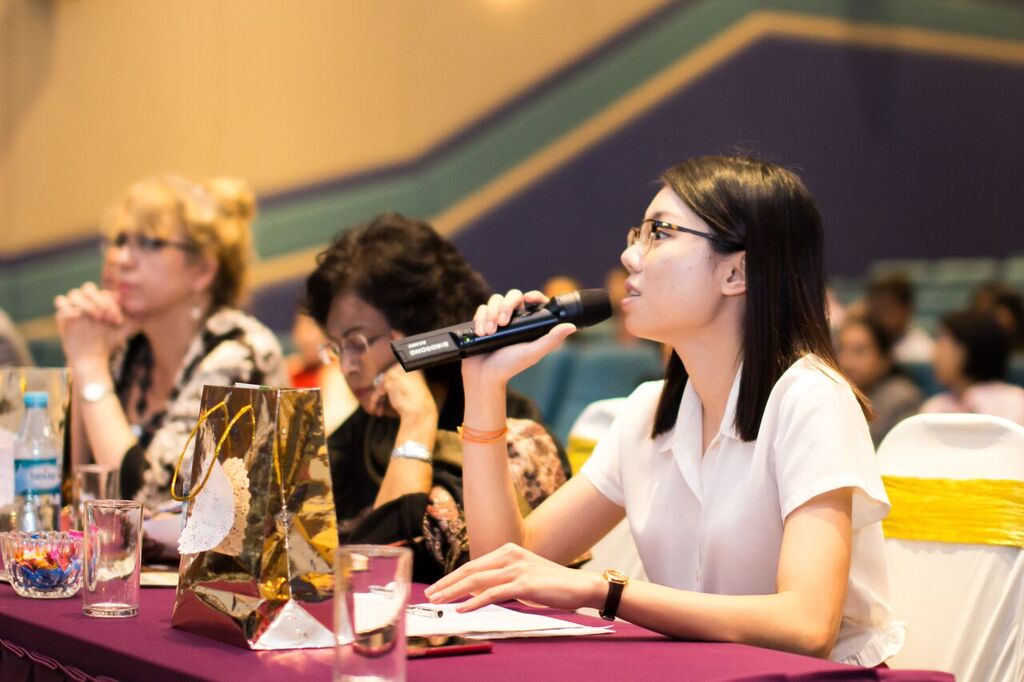
In the Photo: SEEED Jobs For Life, Malaysia. Photo Credit: Soroptimist International
The programme, which commenced in February 2015 and is aimed primarily at the 18-25 age group, has inspired and motivated young people to achieve mental, emotional and physical fitness and built confidence and self-esteem, values, work ethics and readiness for employment or to start a small business. Participants attained visible improvements in soft skills and core competencies not addressed by the Malaysian education system at either secondary or tertiary level. The programme matched graduates with potential employers and were placed in jobs that best fit their personality, goals, skills, and capabilities.
SI Petaling Jaya has since expanded this programme to Klang district to the communities of Pandamaran and Kapar that have alarming official statistics for crime, social ills, and youth unemployment. SEEED Jobs For Life has been awarded National Blue Ocean Strategy (Social PPP) status and secured additional sponsorship of RM125,000 (GBP20,000) from Malaysian Collaborative Impact Initiative (MCII) and AIM / Prime Minister’s Office to carry out this transformational training programme in Klang during 2016.
Many efforts to improve education access have focused on children and young people. Whilst it is critical that equal access and participation is achieved in this age group, it is also clear that education is a vital sustainable development and empowerment tool across all age groups. Mature and older women often have reduced access to educational services that combat illiteracy, and provide training that promotes social and economic empowerment. A life-course approach to education must remain a prominent issue in any new development agenda. Poverty and economic disenfranchisement are not only outcomes of a lack of education, they are also significant factors in preventing women and girls accessing education. Policies and actions taken to improve educational access for women and girls must also address economic barriers to education at all levels.
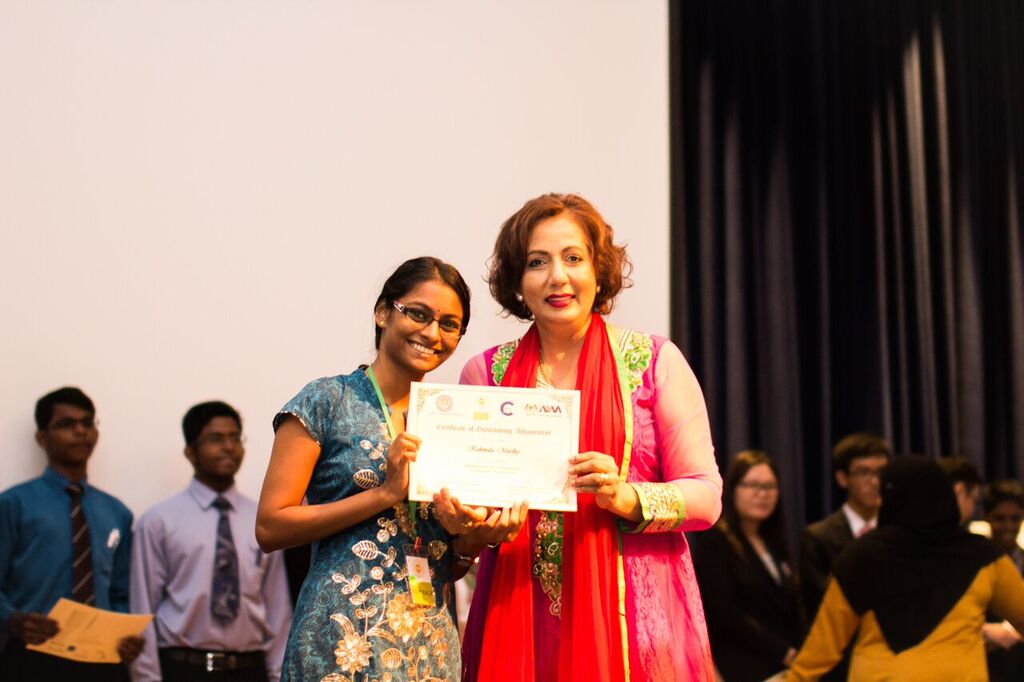
In the Photo: Awards Ceremony for SEEED Jobs For Life, Malaysia. Photo Credit: Soroptimist International
Education and training policies must be based on human rights and anti-discrimination policies, and must be recognized as a universal goal that is essential for individuals and communities to access other rights and benefits, including sustainable development. Education contributes to the independence, autonomy, self-sustainability, and economic and social empowerment of women and girls, and is one of the most effective tools for alleviating poverty for individuals and communities.
To achieve the transformative aims of the 2030 Agenda, future efforts should focus on the challenges faced by women and girls who suffer multiple discrimination and live in vulnerable circumstances, which include (but is not limited to) the time-poor, working women, rural women, ethnic minorities, mothers, older women, the girl child, migrants and refugees, those with disabilities, women living in sheltered housing and those living in conflict situations. Achieving gender equality through and in education is not only an outcome of sustainable development, it is a key implementation strategy that will positively benefit all three pillars of sustainable development – social, economic and environmental.
For current and future strategic objectives on the education and training of girls and women of all ages to be most effectively achieved, all relevant policies must build upon existing UN international conventions and agreements. Furthermore, inclusive interventions to provide education that encompasses all groups, especially marginalized, vulnerable and discriminated-against groups, is critical. Without further commitment and action to ensure that all women and girls have full and equal access to education, neither sustainable development nor gender equality will be achieved.
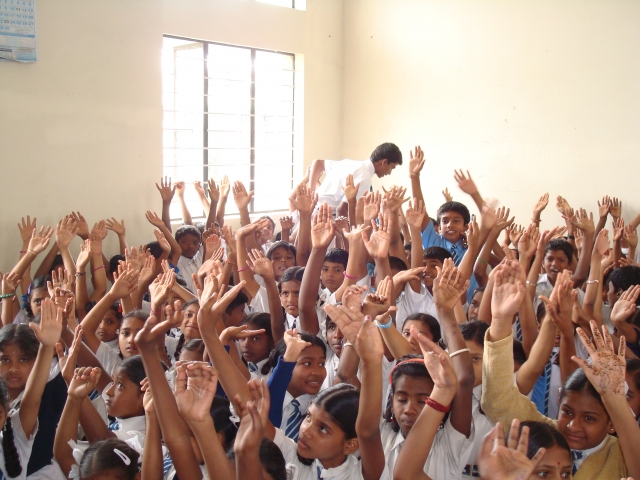
Photo Credit: Soroptimist International
Based on grassroots projects and programmes, Soroptimist International offers the following recommendations for actions and strategies implemented to achieve SDG 4, and in consideration of education in achieving SDG 5:
- Ensure women and girls access to education and training throughout the life cycle;
- Promote and ensure the use of available technologies to increase access to quality education;
- Establish effective, accountable and gender-sensitive monitoring systems and;
- Promote capacity building
It is essential that the focus of future policies and mechanisms that contribute to the achievement of empowerment and equality for girls and women of all ages must have a gender-sensitive, human rights-based approach and address the specific needs of vulnerable groups. Further concerted, sustained and accountable actions must be taken to close the gender gap and achieve the full realization of the 2030 Agenda and the SDGs.


